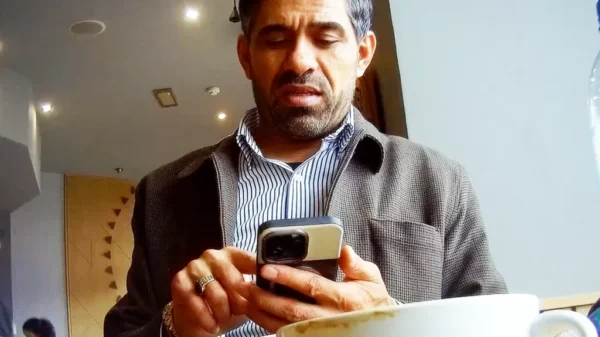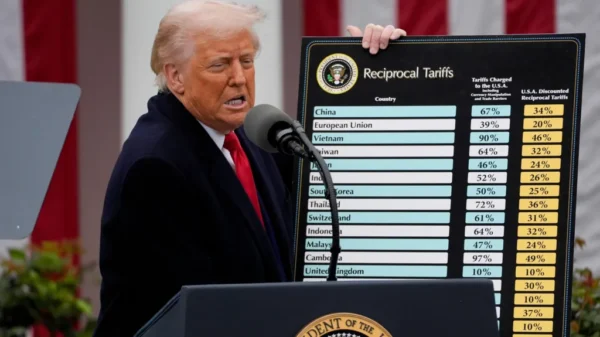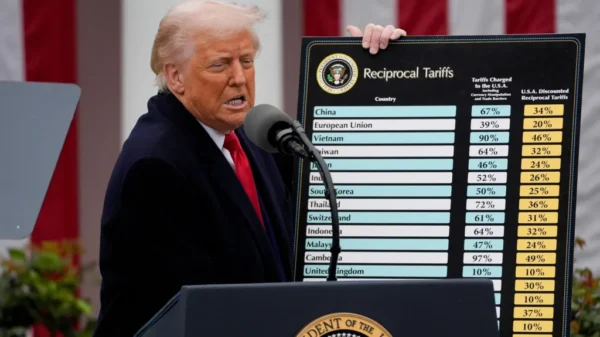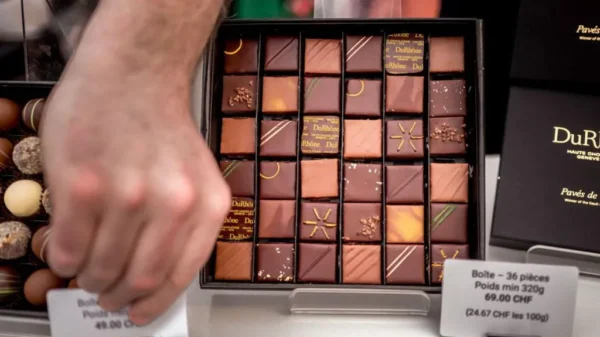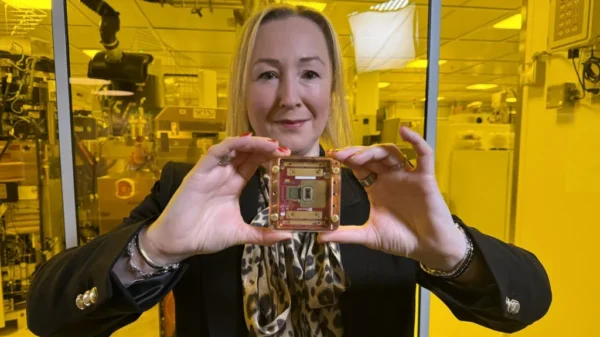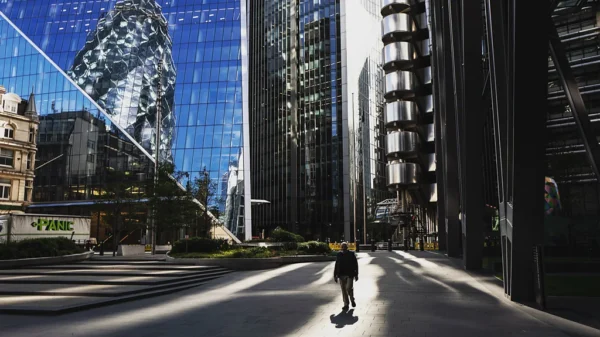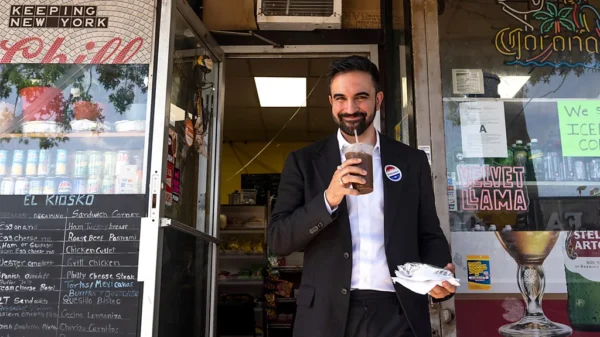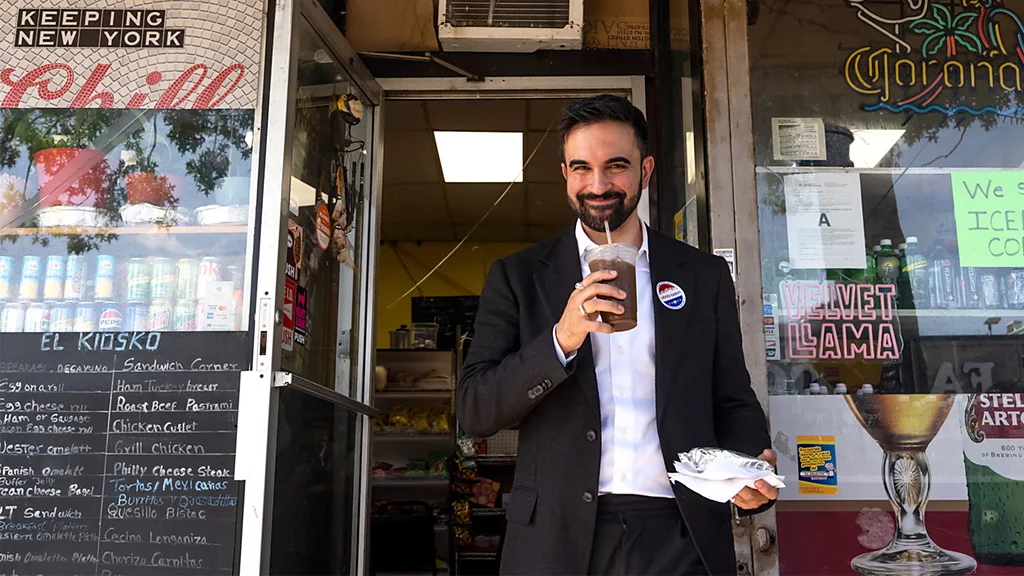By building much of his campaign on food and championing “hidden gems” in lesser-known parts of the city, NYC’s new mayor is changing how New Yorkers and travellers eat.
Zohran Mamdani’s historic win in New York City’s mayoral election is likely to transform the US’s largest and most-visited city in many ways. But even before taking office, his unprecedented rise is already changing the city’s food scene, and if his campaign is any indication, the next four years may encourage travellers and residents alike to visit new neighbourhoods and become more adventurous eaters.
Mamdani has long leaned into his love of food to speak to New Yorkers. Before entering politics, he was a rapper who went by the name Mr Cardamom and filmed a music video with Indian culinary legend Madhur Jaffrey in a kebab house in Queens. In 2020, he ran for the New York State Assembly under the slogan “Roti and Roses”. Since announcing his mayoral candidacy one year ago, he’s campaigned at bodegas in the Bronx, taken politicians to an Afghan eatery in Astoria, organised a city-wide scavenger hunt that concluded at his favourite Middle Eastern cafe and consistently championed family-run “hidden gems” in the city’s outer boroughs where many tourists typically don’t travel.
In doing so, Mamdani is putting under-the-radar eateries on the map that are miles away (literally and figuratively) from some of the city’s trendiest dining destinations. He’s also drawing a stark contrast between himself and his predecessor Eric Adams, who frequented flashy club-style restaurants like Midtown’s Osteria La Baia or Casa Cipriani in The Battery.
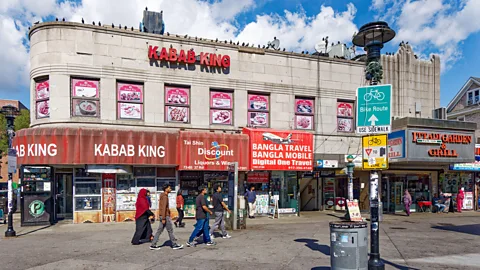
“[Mamdani] is the underdog who’s come out of nowhere and become unstoppable, shining a light on the underdog restaurants that don’t have deep pockets and are surviving when it’s harder than ever to do business in New York,” says Melissa McCart, editor of Eater NY. “[He’s] going to the outer boroughs while Adams is at [private membership club] Zero Bond. He is a runaway success, and his restaurant endorsements have become outsized.”
Just a few months ago, Mamdani was a relatively unknown figure, and critics – including Adams, former New York Governor Andrew Cuomo and most recently President Trump – have framed the 34-year-old democratic socialist as untested and too radical to lead the US’s biggest city, a job that comes with a $116bn (£88bn) budget and global scrutiny.
Still, much of Mamdani’s appeal is that he presents himself as a candidate of the people – and that extends to most of his culinary choices. Instead of being photographed at New York’s “must-dine” hotspots like The Eighty Six in the West Village, Carbone in Soho or Chateau Royale in Greenwich Village, he often hangs out at places like Kabab King, a 24-hour restaurant in Jackson Heights, Queens, that he’s been visiting since high school.
“He rides hard for the restaurants that he loves and he mentions them a lot, like Kabab King, Sami’s Kabab House and Little Flower Cafe [in Astoria]” said Priya Kirshna, a food reporter at The New York Times who recently profiled Mamdani for the paper. “He’s a guy who loves to be a regular at his favourite spots and who really supports those businesses. What stood out to me is that he loves food in a quite authentic way. When his plate of biryani arrived [at Kabab King], he dug in with the eagerness of someone who has been eating the dish all his life.”
Like a parent enticing a picky toddler to experiment beyond the world of beige foods, Mamdani leads with his stomach, straight to under-represented parts of the city’s dynamic food scene.
“Mamdani will bring more light to New York’s next cuisines – which I think will be Indonesian and Malaysian,” said Jonathan Forgash, founder of the nonprofit restaurant support organisation Queens Together, noting that both cuisines share certain flavour profiles of Indian and other South-East Asian cooking that are already beloved by many New Yorkers. “He will be eating everywhere. He loves food and sharing it and we will learn more and more from him.”
In a now viral video with The New Yorker’s David Remnick, Mamdani recently offered his top-three restaurants, and the dishes he loves to order. He often gets the biryani at Kabab King and finishes it off with some paan. He loves the lamb adana laffa (hand-minced grilled lamb with spices atop flatbread), a glass of lemonade and a side of hummus and pita at Zyara in Astoria, where he lives with his wife. And he loves the koi nur (spicy raw beef) from Pye Boat Noodle in Astoria.
Forgash was particularly impressed with Mamdani’s choice of koi nur. “It’s [Pye Boat Noodle’s] version of beef tartare and it’s barely on the menu; you have to know it to order it. The fact that he knows that dish shows he obviously knows food.”
After Mamdani named three “go-to” New York City meals, Remnick joked, “I don’t know if you’re helping these restaurants or if you’re gonna kill them by your advertising!” So far, he’s clearly in the helping category.
“After that interview, we saw more customers right away,” confirmed Pye Boat Noodle’s owners Chitphol and Sasithorn Siriboon. “You don’t see many candidates mention local places [outside Manhattan]” There are so many small shops of food from different cultures all over NYC. Someone like him can definitely show that there are not just big fancy places here in NYC.”
Zyara’s owner, Feras Al Zughier, echoed this sentiment: “Of course, I gained more customers after the video. He will help to highlight cuisines from cultures of all directions and from all countries.”
Forgash sees Mamdani as a unique and impactful culinary influencer. “This is not kids looking at Instagram for the next hot bagel. This is a larger conversation with an older crowd. The people who watched that New Yorker interview are not as familiar with these foods, and that’s the more important part of this story. That body of citizenry will now find this food and see it as accessible and want to try it.”
Forgash doesn’t just think it’s Mamdani’s food recommendations that will entice travellers and New York City residents to become more adventurous eaters; it’s also his policies. “Free buses? What better way for New Yorkers to get around and explore the food than free buses?” he said.
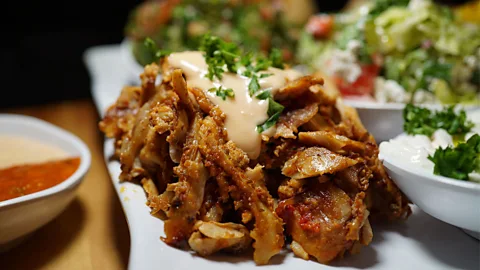
Still, some experts caution that while Mamdani’s passion is one thing, his policies must carry through during his administration to holistically support an industry that’s facing real struggles with rising labour, food and rent costs.
“He’s made food a recurring theme of his campaign. But as mayor, he’ll need the right expertise and political will to cut through bureaucracy and turn words into real regulatory reforms that support food businesses and jobs, without undermining them through other costly mandates,” said Andrew Rigie, executive director of The NYC Hospitality Alliance. “It’s a political balancing act he must get right, but food remains a powerful way to promote communities and celebrate the city’s diversity. It’s something he should absolutely keep as a central theme throughout his administration.”
Mamdani’s win isn’t just a boost for family-owned brick-and-mortar eateries in the city’s outer boroughs; it’s also likely to benefit New York’s street food vendors, many of whom are immigrants and have been subject to fear of Immigration and Customs Enforcement (ICE) raids and frustration with the city’s antiquated permitting system. Mamdani is pushing for transformative reform, including a city-wide expansion of permits for street vendors.
One of the issues Mamdani campaigned on was bringing down “Halalflation”, a term he coined in a January 2025 video in which he shared the plight of street vendors who have had to raise their prices to keep up with black market permit fees. Rather than pay a few hundred dollars to the city for a permit, the caps have created a black market in which vendors are forced to shell out upwards of $20,000 (£15,225) a year for the right to sell simple dishes. As he noted: “Chicken over rice now costs $10 or more. It’s time to make halal $8 again.”
“Mamdani understands the issues that we are facing and he is setting the tone to reform the system so that it can lead to a thriving street food culture,” said Carina Kaufman-Guiterrez, deputy director of The Street Vendor Project, a non-profit that champions the rights of street vendors. “He is the first candidate to step inside a halal cart. He will be an ally for a street vending system that balances both regulation and compliance, but also the ability for a business to exist and thrive. He is highlighting immigrant communities – not just the needs of immigrant communities, but the thriving communities that exist.”
Mamdani has already encouraged many New Yorkers to embrace new ideas. By continuing to celebrate the city’s diverse cuisines and tempting curious eaters to venture outside their comfort zones to different neighbourhoods, he may just succeed in reminding people of the many cultures that have always made New York the city it is.
Source: BBC


